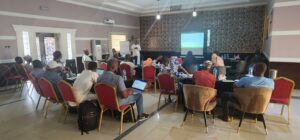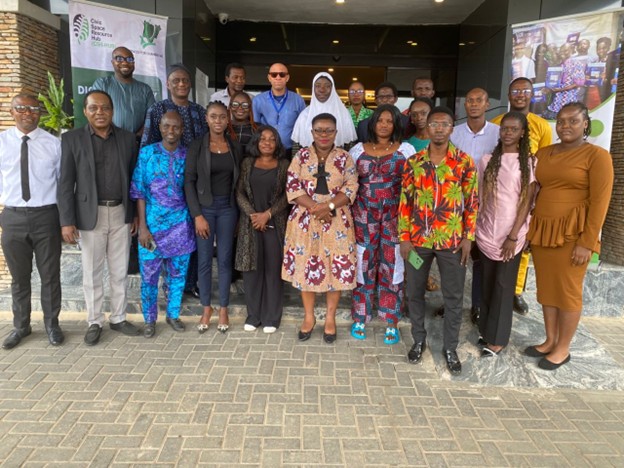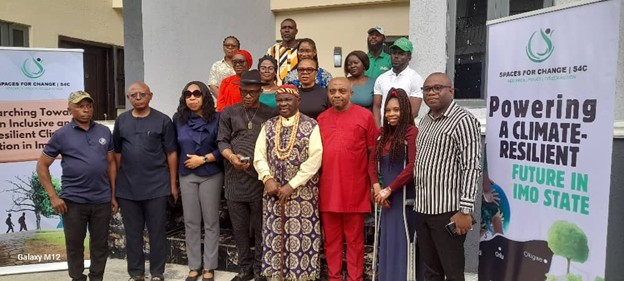Spaces for Change | S4C convened the 7th edition of the NGO Regulatory Compliance Clinic for non-governmental organizations (NGOs) operating in the northeastern region of Nigeria on April 17, 2023, in Maiduguri, Borno State. Held under the auspices of the Ford Foundation-supported Civic Space Resource Hub (CSR-Hub), executive directors, finance and administration officers of 19 national and international NGOs (INGOs) were equipped with the knowledge of the provisions of various state and federal laws applicable to the non-profit sector in Nigeria. These laws contain provisions that espouse certain regulatory controls and standards governing the internal processes, corporate governance, statutory filings, and reporting obligations expected of NGOs.
Consistent with these legal provisions, NGOs have reporting obligations to numerous regulatory bodies they are registered with, beginning with the Corporate Affairs Commission (CAC) in accordance with the provisions of the Companies and Allied Matters Act (CAMA) 2020. In addition, NGOs are also obligated to submit reports to the Federal Inland Revenue Service, the Special Control Unit Against Money Laundering (SCUML), and the Federal Ministry of Budget and National Planning. At the state levels, registrations and reporting to various line state ministries are also required. Participants learned about the nature, contents, timeframe for submitting these reports, and the consequences for breach.
Of specific significance are the laws relating to combating money laundering and countering the financing of terrorism risks in the financial and non-financial sectors of the economy. The Clinic’s facilitators drawn from the private, public, and civil society sectors, elucidated the core content of the national and international normative frameworks undergirding regulatory initiatives aimed at reducing the risks of money laundering (ML) and terrorism financing (TF) abuse in the nonprofit sector. When not adequately mitigated, terrorist financing risks, in particular, can attract severe penalties such as forced closures, license withdrawals, suspensions, arrests, criminal investigations, sanctions, and banking restrictions.
The last session focused on safe banking practices for NGOs. Some of the safe banking practices include conducting due diligence before engaging and transacting with new donors, partners, and beneficiaries, especially in conflict-ravaged regions. In banking parlance, this is known as Know-Your-Customer. Screening of donors and beneficiaries also forms part of a broader effort to ensure that NGO funds, services and other acts of humanitarian assistance do not directly or indirectly reach or benefit persons or entities designated under sanctions or counterterrorism measures.
As with the previous Clinics convened in other parts of the country, participants acknowledged that the new knowledge gained from the Clinic was timely. Not only that, NGOs operating in the northeastern part of the country have been identified as highly vulnerable to TF risks. Hence, the clamor for more outreach to NGOs operating in the region was not unexpected. In a clime where many NGOs are not familiar with the laws or regulations guiding their operations, S4C’s Regulatory Compliance Clinic is not only bridging the knowledge gap but also helping NGOs to improve their regulatory compliance culture.




